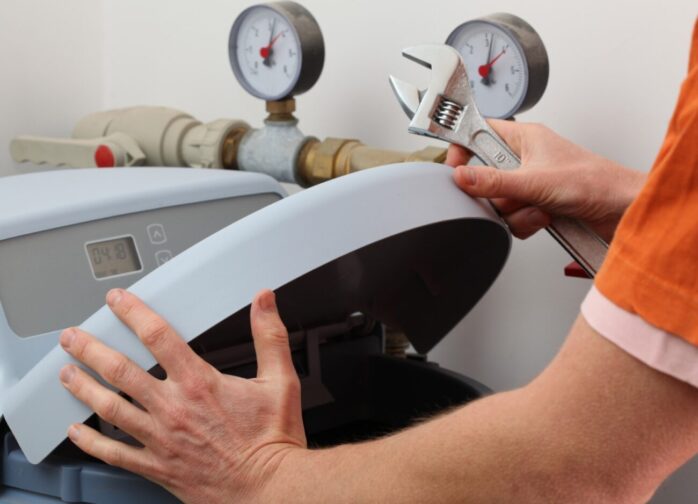
Water is essential in our daily life, and it is important to ensure that it is safe to drink and clean enough for commercial use. In many places, the level of dissolved minerals and chemicals in water is extremely high. Minerals such as calcium and magnesium can have multiple harmful consequences on health.
Installing a water softener system can assist to fix these problems, but maintenance and care are required to keep the system running properly. This will also improve the longevity of the system and will save expenses from frequent repairs. This article illustrates a few tips that will allow you to keep your water softener system running smoothly.
6 Tips to Keep Your Water Softener System Running Smoothly
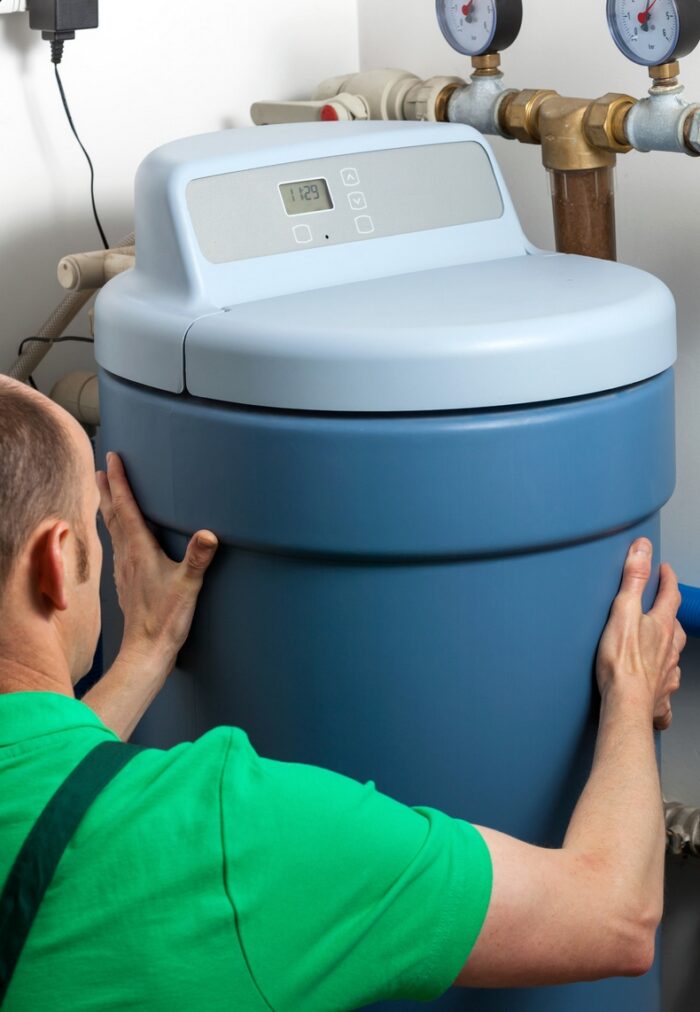
1. Monitor Your System’s Salt Levels Regularly
If you have a water softener at home, make sure to monitor the salt level of your system regularly. Most water softeners require salts which are generally stored in a separate tank to produce sodium ions. These sodium ions are further converted into calcium and Magnesium ions in a process called ion exchange.
If the salt levels are below the specified standard, then the water softener will not work effectively and it will be difficult to treat hard water making it difficult to use water for commercial use. Additionally, the salts are stored in the brine tank in most water softeners and to check the salt levels make sure the salt pellets cover the water in the tank.
However, if the water is visible in the brine tank or the softener salts are not half-full, then add more salts to the tank to maintain the salt levels. If you are looking forward to professional plumbing services, then visit this online platform to repair your water softener and other plumbing-related issues available at discounted prices.
2. Clean Your Brine Tank Regularly
Proper maintenance and cleaning of the brine tank are essential to ensure the efficient working of the water softener. Cleaning the brine tank once in 6-12 months will ensure the proper functioning of the system. Without regular cleaning and maintenance, salt bridges can form in the brine tank and can affect the regeneration process. Additionally, the higher the chemical levels in your water, the more you will have to clean the brine tank.
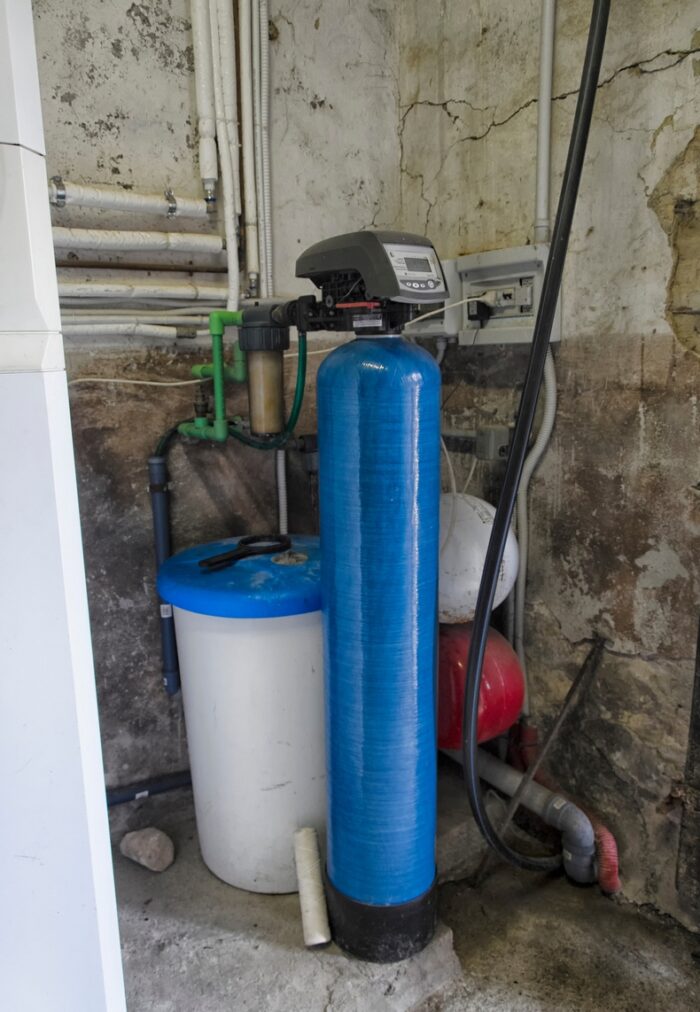
3. Ensure that There is no Salt Buildup in the Tank
Salt build-ups and residue of the ion exchange process in the tank must be avoided at any cost. This can cause the formation of salt bridges which in turn will prevent salts from dissolving with water and can affect brine formation within the tank. Furthermore, brine is a critical substance that can restrict resin to generate properly and can influence the efficiency of the water softener.
Humidity and using low-quality salts in your water softener are the primary reasons for salt bridges and residue build-up in the tank. Make sure to get rid of residue build-up regularly as a part of proper maintenance of the purification system.
4. Check the Condition of the Water Softener Resin
Resin is essential for your water softeners and it facilitates ion exchange within the system. It is a significant element that determines the efficiency and performance of water softeners. With proper maintenance and cleaning, the resin can last longer for around 10-15 years which is also the life span of your water softener.
However, if you fail to monitor the salt levels regularly or don’t have a prefilter equipped attached to the water supply then it can affect the longevity of the resin and you will have to replace it faster than usual. This is typically caused due to the presence of high levels of chemicals including iron and chlorine that contribute toward the shorter life span of the resin.
Additionally, if the system consumes salts and doesn’t produce any during the ion exchange, then it’s a sign to look for a replacement for the resin bed.
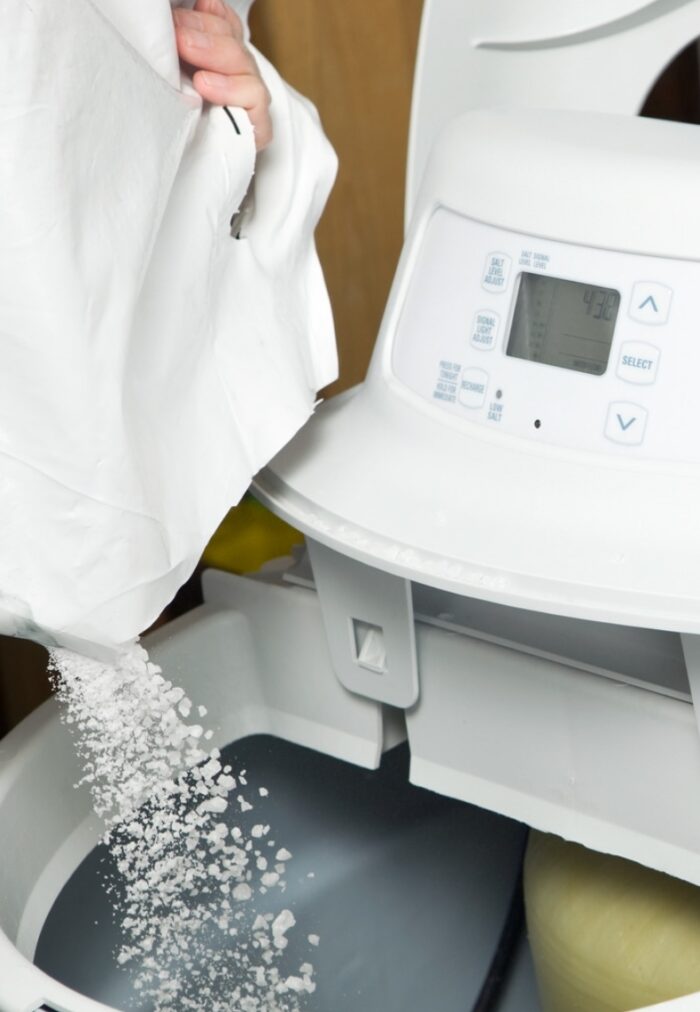
5. Select the Right Type of Salt
Salts used in water softeners are not ordinary salts, these salts are specially produced separately for water softeners and are of high-quality that makes them easy to treat hard water. Using low-quality salts may contain insoluble impurities and particles that can result in clogging your system and may affect its efficiency.
System clogs and build-ups are more common if you use inferior-quality salts in your water softener. High-quality salts can be expensive but it is worth the investment to ensure the longevity and proper function of the system. Additionally, there are different types of water softener salts available. Make sure to do some research or get some advice before selecting the right type of salt.
6. Add a Prefilter
The water softener might get clogged or damaged if the water you are using contains chemicals and other substances like iron, lead, sand, etc. presence of such chemicals and other substances is a major issue resulting in contaminating the water and is highly found in tap and well water.
Having a prefilter installed will aid to separate such chemicals and other substances from the water making it easier for the water softener to treat hard water. This improves the life of your water softener and you can get access to good-quality water for commercial purposes.
Nowadays, most water softeners are pre-equipped with a prefilter at the time of installation. Keep a tab on the prefilter and change it after a regular period.
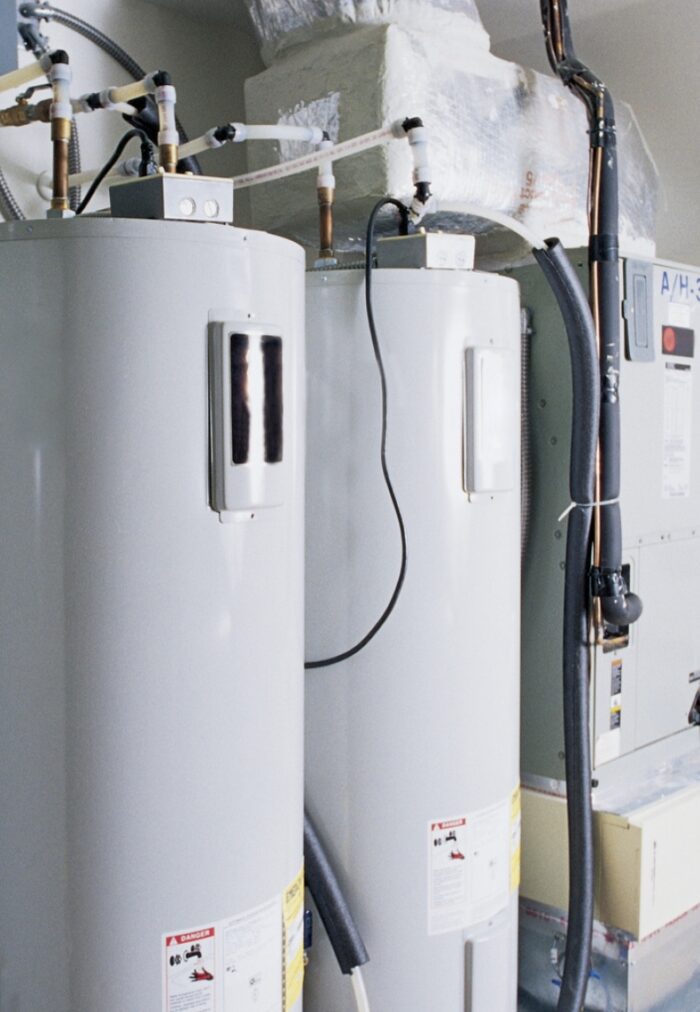
The Bottom-line
A water softener system is an excellent home improvement investment since it provides clean, soft water that is beneficial to your health and household appliances. But, to keep your system running effectively, frequent maintenance and care are required.
You can help prevent problems and extend the lifespan of your water softener system by following the advice in this article, ensuring that you continue to enjoy the benefits of soft water for years to come. Remember to seek professional assistance if you discover any severe problems or concerns with your system.











